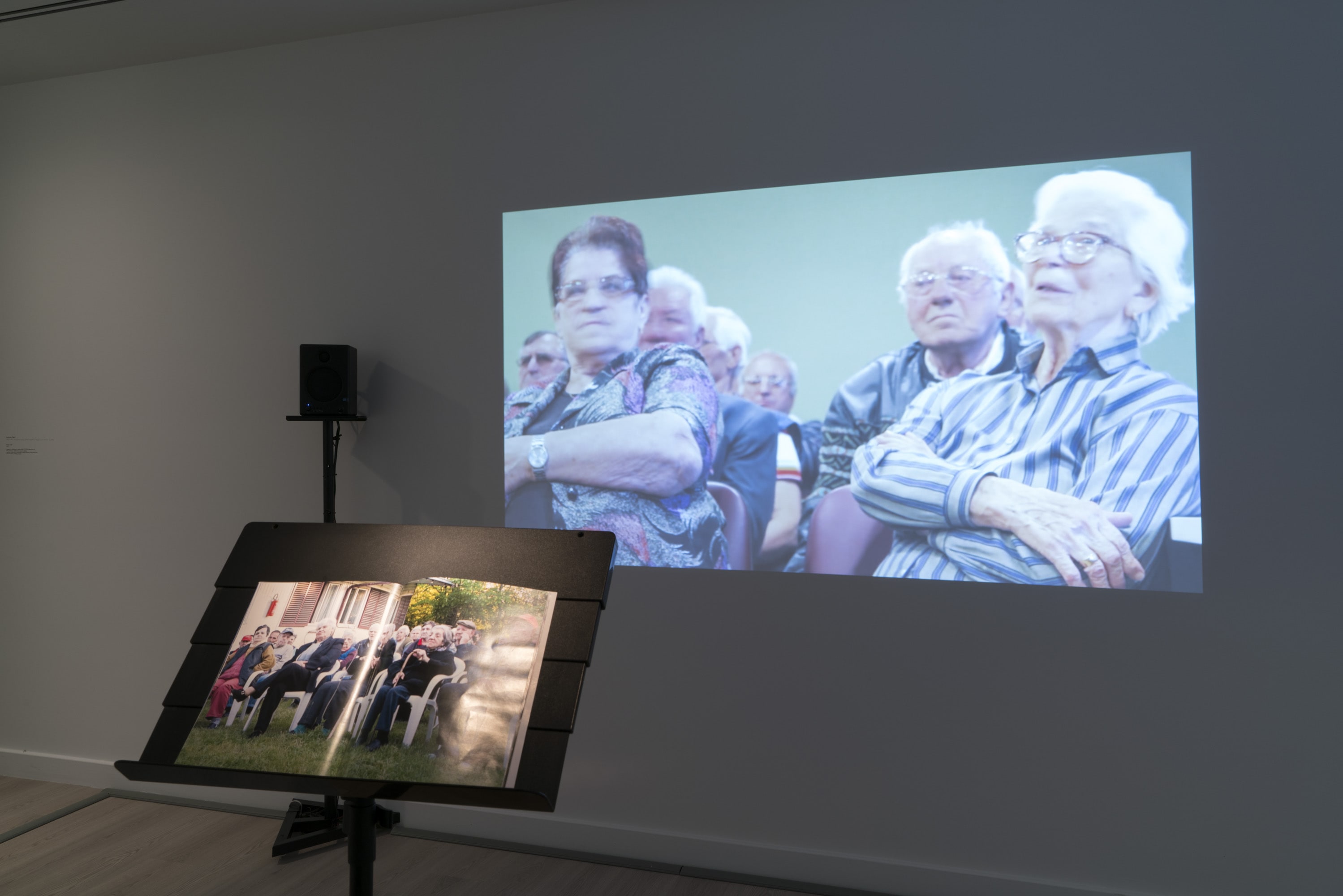Students who take an online guided tour of the exhibition titled Souvenirs of the Future embark on a journey shaped around concepts of memory, archive, future, space, imagination, and reality. Students learn about the works in the exhibition, which explores the links between memory and future imaginings through contemporary works based on the Suna and İnan Kıraç Foundation Kütahya Tiles and Ceramics Collection.
Weekday Online Learning Program
Friday
10:00-10:30
10:45-11:15
11:30-12:00
Related Exhibition: Souvenirs of the Future
Online learning programs are free of charge for high school students.
Reservation is required for groups, which should include no less than 10 and no more than 60 participants. After confirmation of the reservation, the workshop link will be sent exclusively to the e-mail address submitted during registration.

Our Cold Front from the Balkans exhibition focuses on different generations of artists and art groups from the Balkan region. Throughout the exhibition, we keep sharing detailed information about the artworks. Take a look at Mark Požlep’s “Stranger than Paradise” video installation. Also you can check our interview with the artist on our YouTube channel!
Tuesday - Saturday 10:00 - 19:00
Friday 10:00 - 22:00
Sunday 12:00 - 18:00
The museum is closed on Mondays.
On Wednesdays, the students can
visit the museum free of admission.
Full ticket: 300 TL
Discounted: 150 TL
Groups: 200 TL (minimum 10 people)